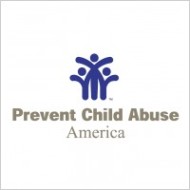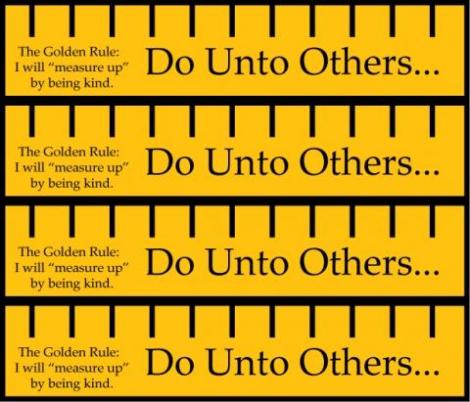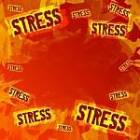 Victims of ongoing abuse really should get help immediately.
Victims of ongoing abuse really should get help immediately.There’s a link in the resource area at the bottom to help you find assistance in protecting yourself. If the abuse has ended but the memories persist, you can find personal peace in a simple and effective way right there in the privacy of your home computer, laptop, iPad, or smart phone.
You’re not alone if you carry deeply embedded memories of past abuse. These memories make the recollection almost as painful as the original offense.
Abuse is particularly destructive because it touches so many areas in our lives.
- It’s a trust issue when someone in whom we trusted betrayed us by abusing us.
- It’s a fear issue when we worry about a recurrence of the abuse even though it may have been years ago.
- It’s a self-esteem issue when we blame ourselves for somehow bringing the abuse upon ourselves or for making our abuser angry.
- It’s an anger issue when rage against the outrage against us becomes overwhelming.
- It’s a relationship issue when the violence done against us blocks our ability to have intimacy with another person even though they weren't part of the abuse.
The abuse may have occurred in a place that we expected to be secure: in our home, in our marriage or relationship; in the school yard. This is particularly offensive because it damages our ability to trust again.
The abuse may have been perpetrated by a total stranger. This leaves us with a very small comfort zone which may in fact be a room or a chair or bed. It may leave us afraid to speak our opinion for fear a recurrence of domestic abuse.
All these reactions are triggered by a thought that brings the abusive act to the front of our attention once again. The thought could be triggered by a word, a smell, a sound, almost anything.
If we let those thoughts of abuse lead us to anxiety, to becoming overwhelmed, or to being incapable of dealing with the required daily routine of life, we need to do something about it.
In a moment, you’ll see a very simple process you can use as often as you like to overcome your abuse-inspired anxiety. Because I don’t want to leave you upset, I’m going to tell you about it and then direct you to try it – after you know what to expect.
I have probably caused some negative emotions especially if you are the victim of past abuse. I want to do say to yourself, out loud, right now, “I’m not going to think about that.” If it recurs, say it again; and again, and again. “I’m not going to think about that.”
You’ll soon discover that the negative thoughts of being abused will diminish and even disappear over a period of time. They will go away every time you demand that they go away.
You can deal with abuse anxiety in a way so simple that many people have trouble accepting it. The most effective way to control negative thinking is to say to yourself, out loud, "I will not to think about that." Do it as often as necessary every time a thought pops up that typically causes you pain.
Someone said, “That’s easier said than done.”
Not really. You have the innate authority to decide what you want to think about. If a thought causes you pain, don’t think that thought! It’s your choice. As you make that choice again and again, your subconscious remembers how you like to respond and will start to make your response automatically.
This can become automatic in days or weeks.
Furthermore, you were made with a subconscious mind that has over time formed the opinion that you like thinking about your abuse. Your subconscious, being ever helpful, will continue to give you thoughts to help you do what it thinks you like to do, think about abuse.
The process of choosing not to dwell on those thoughts will, over time, convince your subconscious that you do not want to think about that those things anymore. It’s this process that creates the habit of peace and breaks the habit of victimness.
At some point, you won't even realize you are thinking negative thoughts because your subconscious is automatically responding to the thoughts before they become conscious thoughts.
Nothing could be more effective than having your subconscious mind handle your abuse anxiety for you before you even think about it.
Resources you can use
If someone you love could deal with abuse effectively, would you take 3 minutes to learn more at http://findingpersonalpeace.com/s007?
You can use this idea for just about any negative emotion or habit that bothers you including dealing with abuse.
If you need help with an ongoing abuse situation, click http://findingpersonalpeace.com/student/hotlines.pdf to find resources that can help you.
I hope Finding Personal Peace helps you in dealing with your abuse anxiety as much as it helped me with my anger.
Rod Peeks
Thanks for reading our blog today. I invite you to respond in several ways: (1) Comment in the space below if you agree or disagree with what I've said. A dialogue could be interesting for all; (2) Share the post with your friends using the buttons below; and (3) sign up to get an email with each new post. There’s a place to do that on the right. Then you won’t have to remember to look for our subsequent posts. Thanks again!










